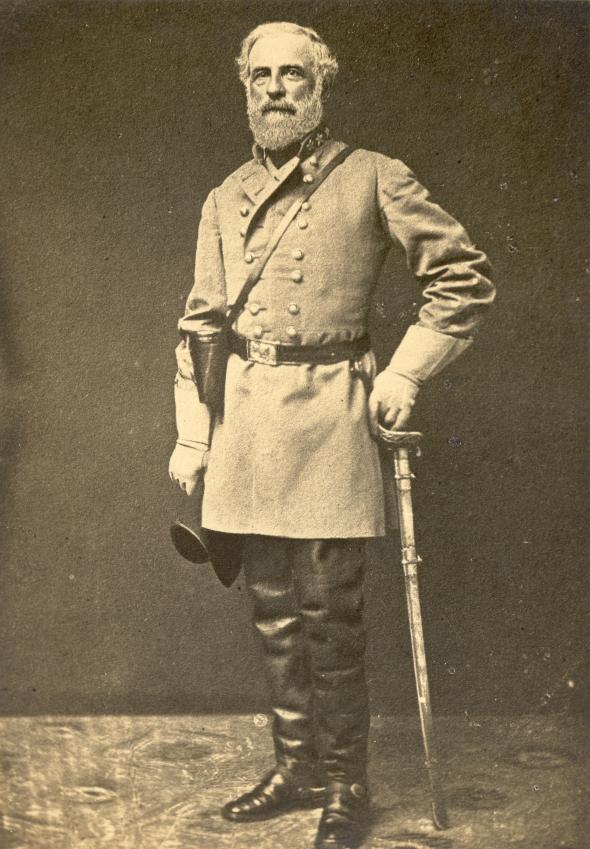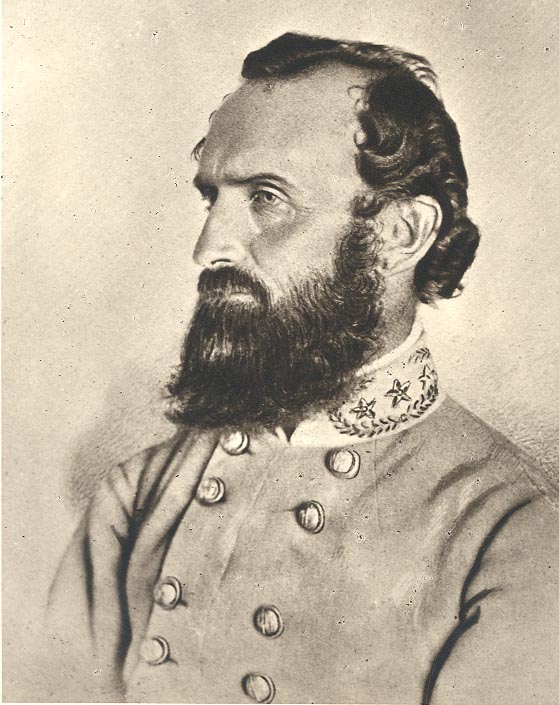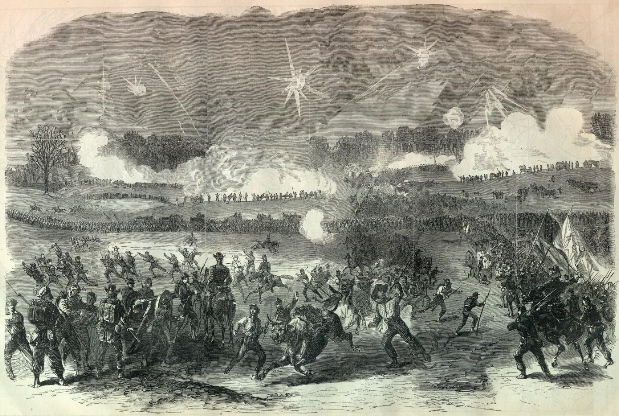
If
you visit the Civil War battlefield of Chancellorsville, in the
Virginia countryside west of Fredericksburg, you can find at the
intersection of two small country roads a marker at the place Robert E.
Lee and Stonewall Jackson met around midnight between the 1st and 2nd
of May of 1863 to plan the next day's action.
They had between them 40,000 men and they were facing a Union army of
70,000 men. Jackson had a startling proposition for Lee.
His scouts had found some dirt roads through the woods that twisted
around the right flank of the Union position. Jackson proposed
that he lead his 28,000 men over these roads and fall upon the Union
flank from behind.
Lee pointed out that while Jackson was marching, he himself would have only
12,000 men with which to hold the 70,000 Union troops in place.
Jackson nodded — yes, that was about the size of it.

I like to think of the look in Lee's eyes as he contemplated this more
or less insane idea — they must have burned with joy at the
boldness and fearlessness of Jackson plan. Lee thought about it
for a moment and told Jackson to go ahead.
Jackson made the march pretty much undetected — reports of it that
reached the Union officers on the right of their line were
disbelieved. They were just too preposterous.

Jackson rounded the Union flank and attacked at dusk. The whole
Union right collapsed and the whole Army of the Potomac was set in a
panic that was just barely contained. It was one of the most
stunning victories for an outnumbered army in all of military history
— but it's costs were high.
Riding to the front to assess the progress of the action, Jackson was
accidentally shot in the darkening woods by his own men, and would
later die of his wounds (in the bed pictured below,) never resuming his command. The victory
also emboldened Lee to make his second invasion of the north, resulting
in the catastrophe at Gettysburg.
Ironically, it is the death of Jackson, and the defeat of the South,
which allows one to admire the feat of arms that Lee and Jackson pulled
off at Chancellorsville. Their cause had a great wrong mixed up
in it — the institution of slavery — and no one can look back and
wish they had won.
But Jackson's death was a measure of expiation — enough to let us love
him and Lee for their genius and audacity and courage. It fixes
the moment of their greatest triumph in amber, in a beauty outside of time.
